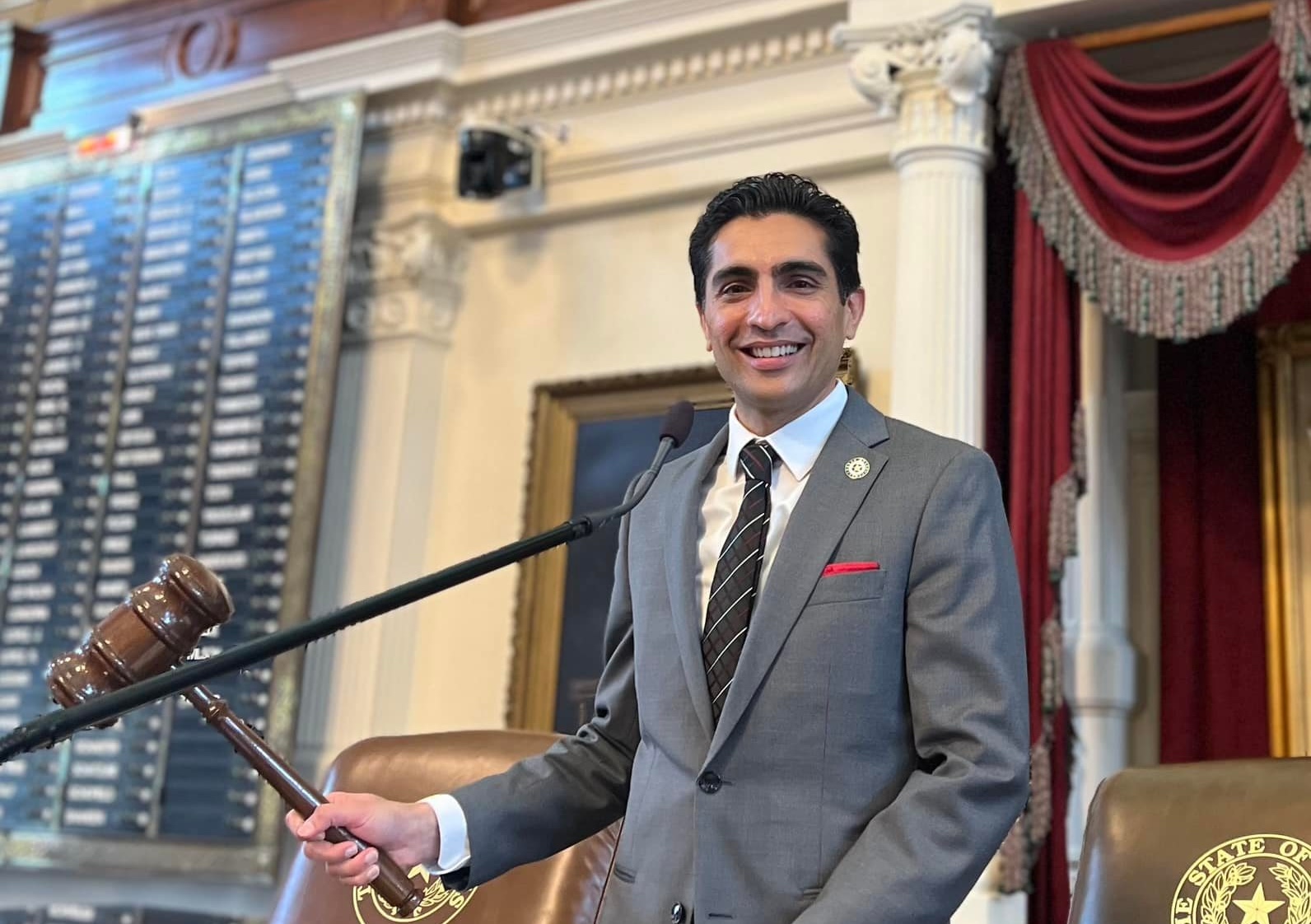They just won’t go away, these tea-party-types so intent on reclaiming their government. The tea party movement’s political obituary was being written before the birth announcement was printed. Yet they keep getting stronger, freshly influencing politics and policy.
It was assumed (hoped?) by the ruling-class establishmentarians that the tea party would go away once the signs waved at rallies got too heavy. The rallies may have died down, but citizen-led activism has only ramped up.
A key indicator of the tea party’s staying power is how many Republican incumbents try to cloak themselves in the messages of the movement.
For example, State Rep. Vicki Truitt of Tarrant County has a legislative record largely antithetical to the tea party movement. During the 2009 legislative session – just as the national tea party movement was coming into being – Rep. Truitt was actively pushing a massive new tax hike in the legislature. She wanted more money flowing to boondoggle fake-transportation projects.
A poll by the Fort Worth Star-Telegram found 96 percent of Tarrant County voters – Truitt’s home district – opposed the tax hike measure. Nevertheless, she promised to return in 2011 to fight for the tax hike.
Back home, tea party folks in her district saw Rep. Truitt had been unopposed in her 2008 primary, so they went to work against her. She ended up with three opponents in the 2010 primary. Ms. Truitt out-spent her rivals nearly 10-to-1 (her $300,000 to their combined total of less than $35,000), yet she garnered just 52 percent of the vote.
So after all that, and after bad-mouthing the tea party activists who defeated her tax hike, she sent campaign mailers describing herself as… a tea party candidate.
More significantly, when Truitt (barely) returned to the legislature in 2011 she somehow forgot to fight for that promised tax hike legislation. She won the election, but the tea party won the policy fight.
Many of her tax-and-spend friends lost big in the 2010. Remember her fellow big-government legislators like Tommy Merritt and Delwin Jones? They fell in primaries. That same tea party energy also flipped 23 Obamacrat seats to the GOP in November of 2010, creating Texas’ first Republican super-majority.
Significantly, those were 23 Democrats counted on by moderate Joe Straus – an establishment guy who spent the 2010 election season thumbing his nose at the tea party by publically refusing to endorse conservative challengers over liberal Democrats – even headlining a liberal Democrat’s fundraiser!
Mr. Straus emerged from the November election facing a fight for the speakership. Never before in state history did an embattled speaker have to do what Joe Straus did: wage an unconvincing public campaign. He took out ads on the Drudge Report, had a Facebook page and a social media campaign – all telling the untruth that he shared the tea party’s values.
Speaker Straus won re-election thanks mainly to the purse-power of the lobby, pressure on new legislators from establishment donors, and the compressed nature of the challenge. Yet something fundamentally big changed.
First, the “pledge card” system that ruled the Texas House’s leadership structure has gone subterranean to non-existent. Many candidates had “pledged” support to the moderate Straus in 2010 before hearing from their constituents, setting up problems at home. As the 2011 session winded down, incumbents backed off from signing pledge cards – worried about appearances (and pressure) back home.
Second, the speakership in specific – and leadership in general – will be a primary-race issue, for the first-time in four decades or longer. Certainly not “the” issue, but “a” issue. Why? Legislative leadership affects policy outcomes.
Remember, the Straus “leadership” failed to produce meaningful budget reforms: spending limits, zero-based budgeting or anything that would stave off future fiscal problems.
Frankly, the 2011 legislative session – with that super-majority of tea-party delivered-candidates – produced little more than what would have come out of an 80-seat GOP majority.
The tea party in Texas has grown and matured since 2009. Candidates inspired – even recruited – by tea party members in urban, suburban and rural districts are running sophisticated campaigns. For example, Rep. Truitt is being challenged this year by conservative favorite Giovanni Capriglione, who has been successfully engaging Tarrant County voters in local campaigns – including engineering the defeat of a tax hike. (While TFR didn’t endorse in 2010, we recently endorsed Mr. Capriglione.)
More than even losing, many long-safe incumbents are worried about expensive, Truitt-style victories that leave them vulnerable and exposed. That’s part of the reason so many are retiring.
Incumbents are watching a good-ol’ boy system crumble under the energy of tea-powered activists. Tea party-inspired activists have been quietly stepping into the heavy-lifting jobs of partisan politics – becoming precinct chairs and similarly critical tasks.
Insider and media-types struggling for relevance will keep telling themselves the movement was a tempest in a teapot, or controlled by some puppet-master. The facts on the ground of the new political reality – the behavior and words of incumbents and challengers alike – run counter to that misguided belief.
The tea party as a movement has been successful because they aren’t seeking power or prominence for themselves. They’ve circumvented the mainstream media and exist without the approval of the ruling elite. The core message of the tea party – self-governance and limiting government – resonates so strongly because it goes so strongly to who we are as Texans.
That’s why in 2012 the tea party in Texas is brewing stronger and stronger.




